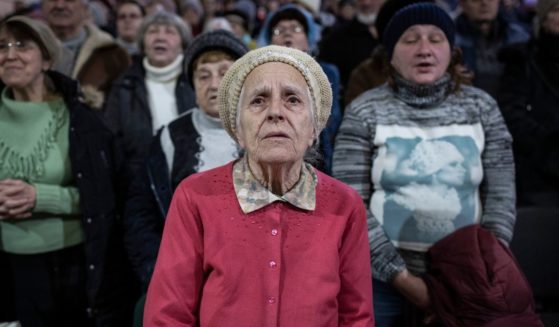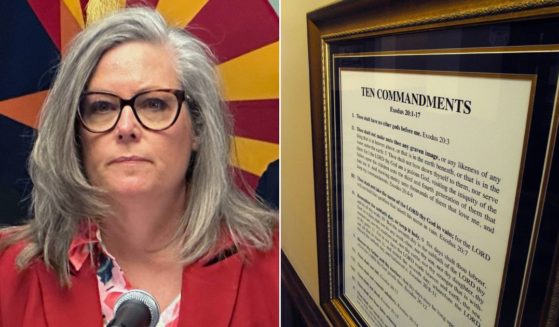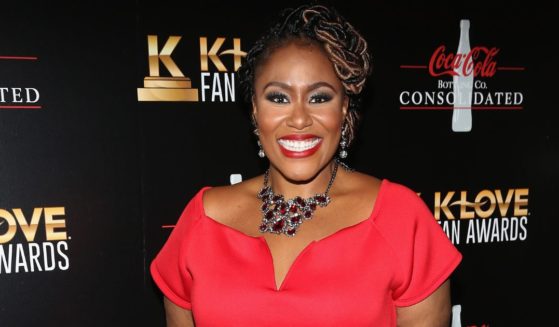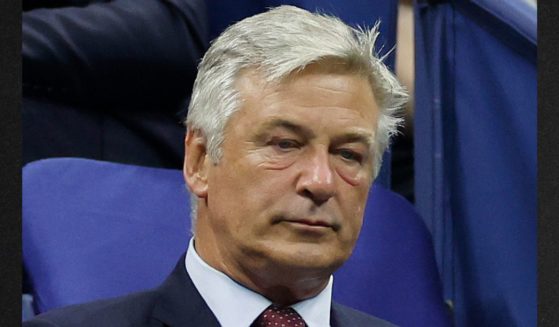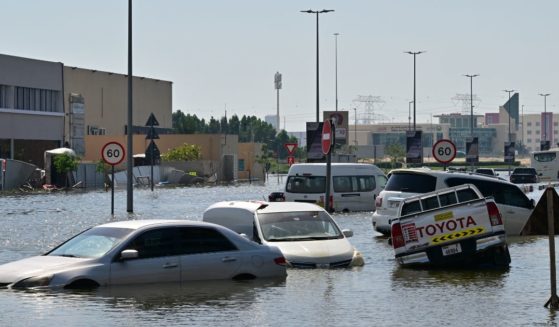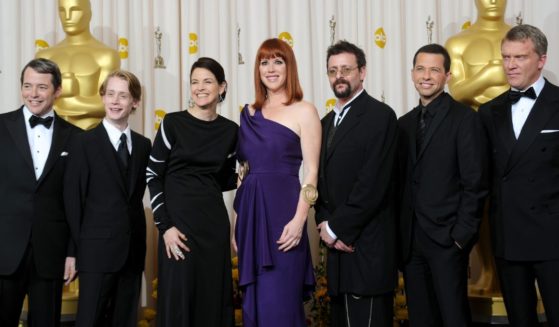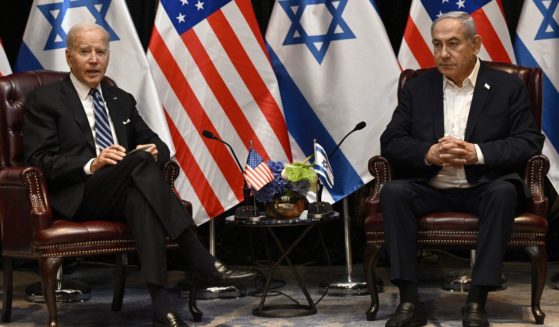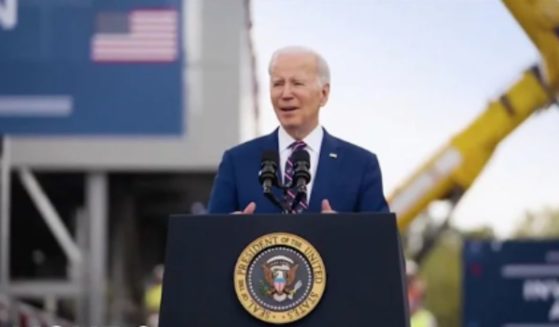Minneapolis Dem Pushing To Dismantle Police Ducks Question on How Laws Will Be Enforced
As the protests over George Floyd’s killing at the hands of a Minneapolis police officer grew, the conversation morphed and metastasized into something more radical and toxic. One of the popular ideas that sprang out of it was to defund and disband police departments.
In Minneapolis, according to The Washington Post, nine out of 13 members of the City Council already support disbanding the city’s police department. The most prominent of these voices was Councilwoman Lisa Bender, the council’s president.
On Saturday, Bender retweeted another member of the council — Jeremiah Ellison, son of Minnesota Attorney General Keith Ellison and recent antifa endorser. Ellison had tweeted that “We are going to dismantle the Minneapolis Police Department. And when we’re done, we’re not simply gonna glue it back together.”
“Yes,” Bender wrote in her retweet. “We are going to dismantle the Minneapolis Police Department and replace it with a transformative new model of public safety.”
Yes. We are going to dismantle the Minneapolis Police Department and replace it with a transformative new model of public safety. https://t.co/FCfjoPy64k
— Lisa Bender (@lisabendermpls) June 4, 2020
Bender’s tweet, in all fairness, was an echo and not a singular voice. Progressive Democrats all across the country were busy saying all kinds of things like this across social media. There were much more famous liberals making the defund/disband argument, including the Notorious AOC.
When the actual media comes a’calling, however, reporters need a face to attach the story to. Bender, as the president of the Minneapolis City Council — the city where Floyd was killed, after all — was as good a face as any. She’s young, she’s a Democrat (or at least a member of the Democratic-Farmer-Labor Party, Minnesota’s weird Democratic Party subsidiary) and she has something incendiary to say.
The problem is that, even with an interviewer whose tone was sympathetic (if curious), Councilwoman Bender was a not-quite-ready-for-prime-time-player who didn’t even really seem sure who you’d end up calling if you needed help.
Take her appearance on CNN’s “New Day” on Monday morning, where co-host Alisyn Camerota asked Bender a series of questions you would think Bender would have spent some time rehearsing for before the appearance. She didn’t.
The beginning of the interview was pretty standard stuff. Floyd’s death was a tragedy, “this system isn’t working for too many of our neighbors for too long, our reform efforts have failed and we have done many, many attempts at reform and new leadership in the department,” so it’s time for a reboot.
Good enough start. I’d give it an 8/10.
But then Camerota noted that just going beyond reform wasn’t quite what progressives were proposing.
“The word ‘dismantle’ is intentionally different than ‘reform.’ This is more than reform,” she said, about the 1:15 mark in the video below. “This is dismantling. I mean, activists who support this are calling this a police-free future.”
To which Bender essentially said: Sure, why not?
“A lot of us were asked if we could imagine a future without police back in 2017, when we were running for office,” she said. “And I answered ‘yes’ to that question. To me, that future is a long way away and it would take an enormous amount of investment in things that we know work to keep people safe.”
She added that “I know the statement was bold and I stand by that bold statement, but the work ahead of us will be long, it will include every member of our community. It has to. And, you know, I think we have very immediate things, we have a state action against our police department, which gives us legal mechanisms in the very short-term.”
Camerota moved beyond the abstract and asked the obvious question: “What if, in the middle of the night, my home is broken into?” she asked, about the 2:45 mark. “Who do I call?”
I came away with the impression that, had Bender simply said “Ghostbusters” and left it at that, it wouldn’t have been a materially worse answer.
She didn’t, though. Here’s what she did answer.
“Yes, I mean, hear that loud and clear from a lot of my neighbors. And I know — and myself, too, and I know that that comes from a place of privilege,” Bender said.
“Because for those of us for whom the system is working, I think we need to step back and imagine what it would feel like to already live in that reality where calling the police may mean more harm is done. And so in the very immediate, we have to lean in to whatever changes we can make in our existing police department.”
She pointed to Camden, New Jersey — a terminally broken suburb of Philadelphia that’s seen some success with a reboot of its police department. This probably wasn’t the best example, given the fact that you could disband Camden as a whole, start anew and end up with something better simply because the law of averages wouldn’t permit anything worse.
“We are not starting from scratch. We have invested in community-based safety strategies,” Bender said, studiously avoiding giving concrete examples. “We have knowledge in our community across the city. We’ve done an analysis of all the reasons people call 911 and have looked up ways we can shift the response away from our armed police officers into a more appropriate response for mental health calls, for some domestic violence calls, for health-related issues.”
None of her points are actually points, or at least points in her favor, and she wasn’t even able to answer the question of who you’d call if you needed help or who would enforce the law when you did. In other words, the basic purpose of government, protecting public safety, is simply being abandoned.
First, you’re in a position of “privilege,” as Bender might put it, when you say that people live in a “reality where calling the police may mean more harm is done.”
This is a common thread among white liberals, who imagine the vast majority of people of color don’t welcome the presence of police in their neighborhoods or wouldn’t call 911 when a crime is being committed. No statistics are cited to back this up; this is just a claim, and a very dubious one at that.
Meanwhile, investing “in community-based safety strategies” or “hav[ing] looked up ways we can shift the response away from our armed police officers into a more appropriate response for mental health calls, for some domestic violence calls, for health-related issues” are decent ideas in theory — and not at all mutually exclusive to disbanding the Minneapolis Police Department. That’s a very bad idea that makes people exponentially less safe.
It’s clear from this interview that, in Minneapolis at least, this is just rhetoric. There’s no plan to disband the police department in the immediate future or for the “bold” future without law enforcement that Bender says she embraces. This was a dumb tweet, followed by a dumb retweet, followed by low-level national fame Councilwoman Bender probably would have done well to avoid.
If you think this idea just got laughed off the stage, though, be careful.
When issues like these grab national headlines for progressives, they tend to return — and then, politicians like Bender actually have a plan.
Truth and Accuracy
We are committed to truth and accuracy in all of our journalism. Read our editorial standards.

